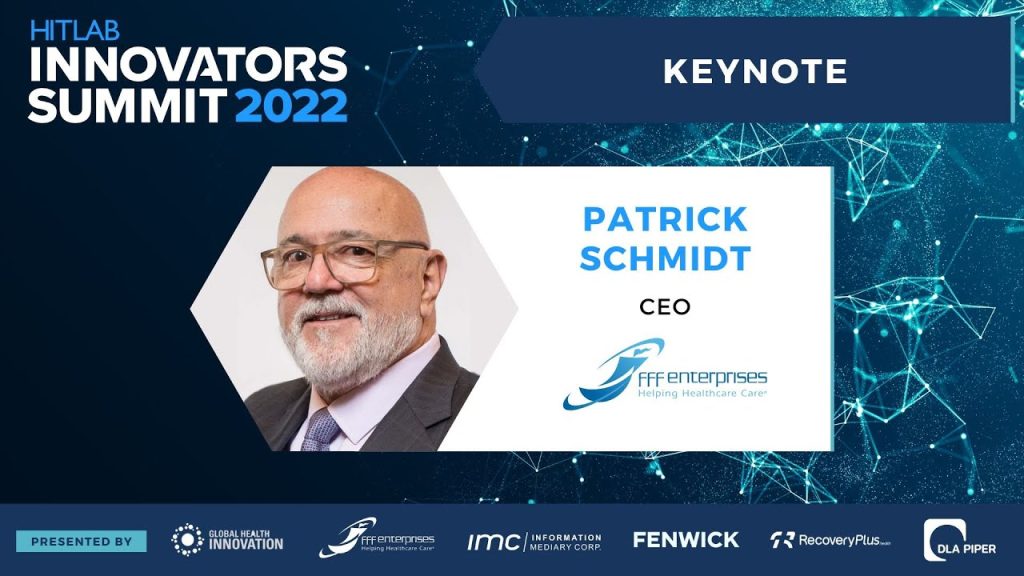Virtual event brings together health executives from across the industry to share insights on the impact of digital health on human rights. New York, NY, USA. On Thursday, October 27th, HITLAB will host its October Digital Health Symposium focused on digital health and human rights. Moona, MST and Cancer Center.AI are digital health organizations, part of Americas Continental Health Alliance (ACHA), who are currently making a global impact.
A third of the world’s population have symptoms of depression and anxiety. Mental health services were already over-stretched before 2020, but since the pandemic prevalence of anxiety and depression skyrocketed.
Health literacy refers to a person's ability to understand and use health information to make informed decisions about their health. In the United States, health literacy is a significant concern as almost 77 million adults have basic or below basic health literacy skills...
Understanding the needs of your targeted audience is a key step in advancing the path for an innovative digital health care start up. And for one of HITLAB’s Breakthrough Alliance Challenge winners, gaining a better understanding of the needs of their audience was just what they needed....
Drug overdose deaths in the U.S. rose to a record level in 2021, nearing 107,000, according to data from the U.S. Centers for Disease Control and Prevention. Immediate access to naloxone, a medicine that rapidly counters opioid overdose, is key to combating this epidemic of epic proportions...
With an accelerating rate of advancements in artificial intelligence (AI), the healthcare industry is on the cusp of a technology-driven revolution with potential to transform the way we diagnose, treat, and prevent diseases. However, the enormous potential of AI in improving patient care comes with the risk of bias in AI algorithms that could lead to deficient patient outcomes. Jason Johnson and Linda A. Malek of Moses & Singer recently provided insights on mitigating potential bias in healthcare algorithms and the associated regulations governing AI-driven medical devices during HITLAB's Summer Innovator Summit 2022.
With millennials beginning to turn 50 and the 65+ population expected to double by 2050, solutions that leverage technology to help us all live healthier, happier lives have never been more critical. Battling phenomena like the caregiver shortage, the time is now for products and services that help us stay connected, manage our health, and access the resources we need to age with ease, preferably in place.
Responsible AI and digital ethics will capture center stage in the years to come, but right now it has settled in a trough of disillusionment. What can we do as an industry to change this? Gartner describes digital ethics1 as “managing and securing personal data without a nod toward considerations like accessibility, inclusivity, equity, mental health”.
In the post-COVID 19 world, the digital revolution in healthcare is here to stay. From remote monitoring to smart packaging for medications, AI technologies and platforms are helping clinics deliver effective patient care while minimizing staff burden....








